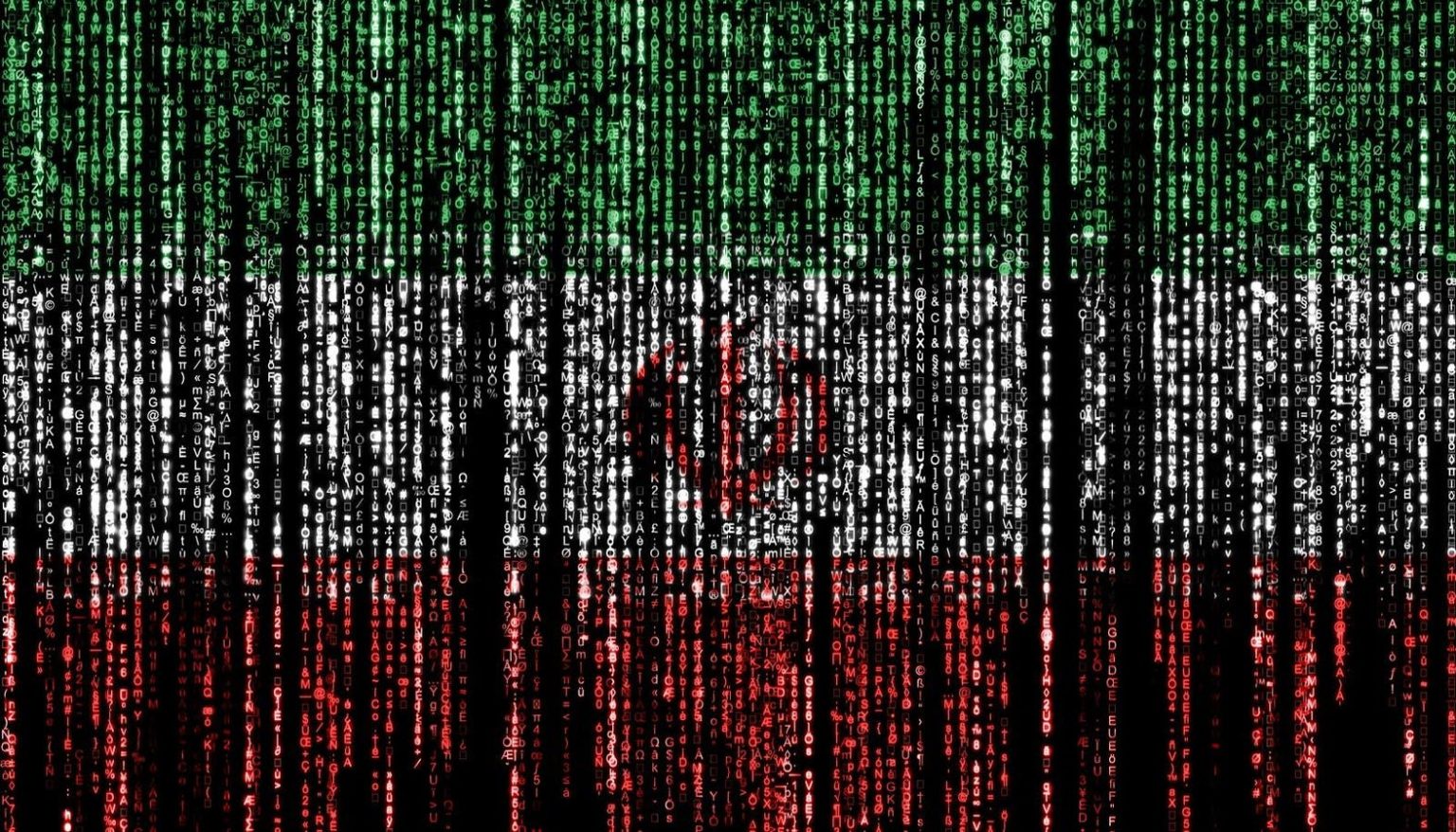A well-known Israeli hacking group, WeRedEvils, has taken credit for an attack on Iranian internet providers, resulting in reported collapses of some networks in parts of the country. The Jerusalem Post was the first to report on the situation, noting that many users in Iran had experienced internet blackouts and disruptions, particularly in Tehran. The hacking group posted on Telegram, claiming they had successfully breached the Iranian communications system and shared information with Israeli security forces.
WeRedEvils has a history of targeting Iran’s state infrastructure, with a previous attack on the electricity grid in 2023. Their message to Iran warns against further provocation, stating that future strikes will be more severe and cause greater harm. The extent of the recent attack on Iranian networks remains unclear, as communication networks in the country are already known to be unreliable, with many users relying on cellular connections rather than fixed lines.
This news comes at a time when Iran is reportedly preparing to retaliate for an attack in Tehran that killed Hamas’ political leader, Ismail Haniyeh. The attack, attributed to Israel’s military, was initially thought to be a missile strike but is now being investigated as a covert operation involving an explosive device smuggled into a guesthouse in Tehran. With the weekend beginning in Iran, further reports on the situation are expected to emerge throughout the day.
The escalating tensions between Israel and Iran have led to cyber warfare becoming a prominent battleground for both sides. These attacks on critical infrastructure demonstrate the vulnerability of Iran’s networks to cyber threats, raising concerns about the country’s ability to defend against sophisticated hacking attempts. As the situation continues to unfold, it remains to be seen how Iran will respond to the attacks on its networks and whether it will escalate the conflict with Israel further.
The implications of these cyber attacks extend beyond the realm of technology, highlighting the ongoing geopolitical tensions in the region. The involvement of hacking groups and state actors in targeting each other’s infrastructure adds a layer of complexity to the already volatile situation in the Middle East. The potential for further escalation and retaliation raises concerns about the stability and security of the region, with the risk of cyber attacks exacerbating existing conflicts and disputes.
As the world watches the developments in Iran and Israel, there is a growing sense of unease about the potential for further violence and instability in the region. The use of cyber warfare as a tool of aggression has the potential to have far-reaching consequences, affecting not only the targeted countries but also their allies and the broader international community. As tensions continue to rise, the need for diplomacy and de-escalation becomes even more urgent to prevent the situation from spiraling out of control and leading to even greater conflict and suffering.


